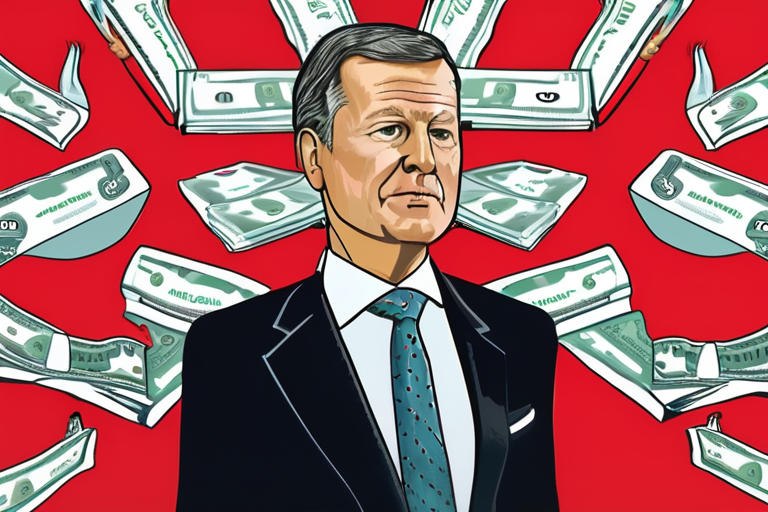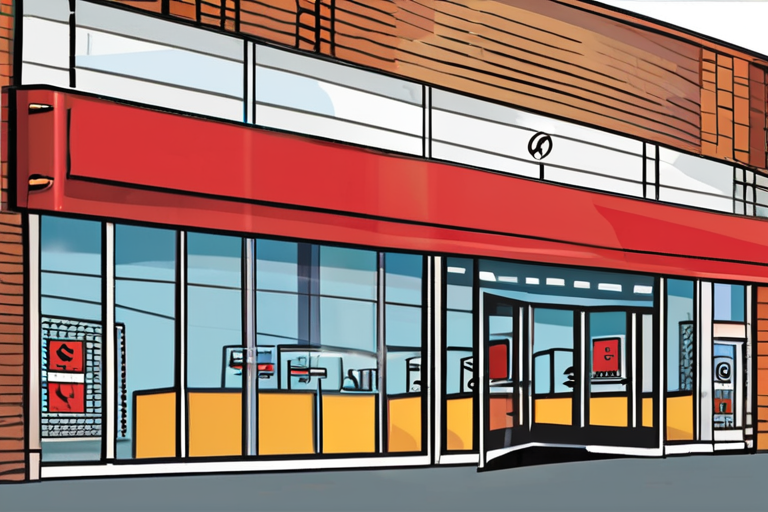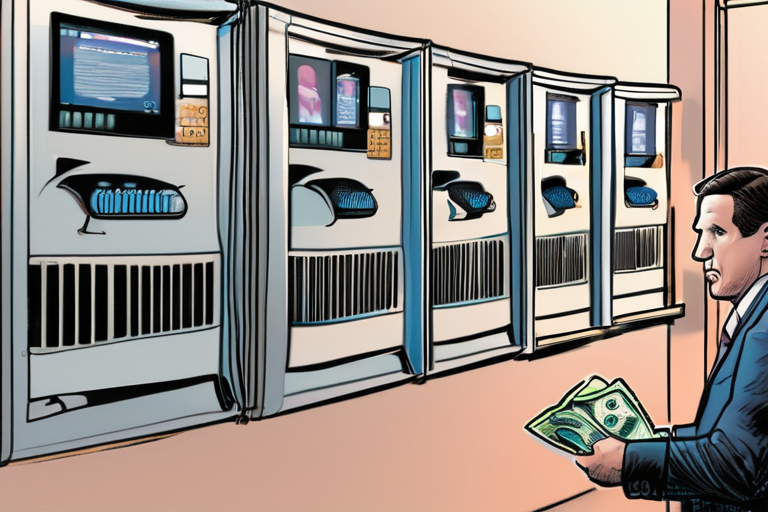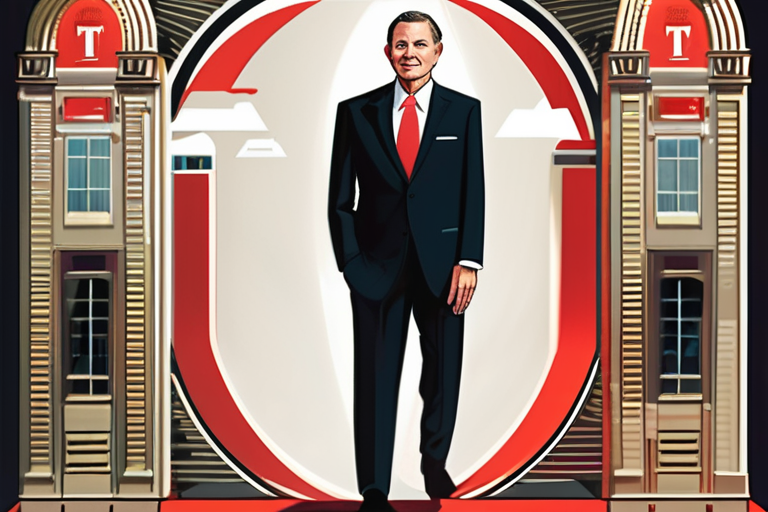Portland Trail Blazers Buyer Tom Dundon Built His Fortune on Subprime Loans
In a stunning revelation, it has been discovered that Tom Dundon, the billionaire buyer of the Portland Trail Blazers, built his fortune on subprime loans that allegedly preyed on vulnerable Oregonians. The news comes as the state continues to investigate the company he created, Santander Consumer USA, for predatory lending practices.
According to court documents, in 2020, the state of Oregon sued Santander Consumer USA for allegedly engaging in high-interest car loan schemes that left over 265,000 borrowers nationwide struggling to make payments. The lawsuit alleged that the company targeted low-income individuals with loans they could not afford, leading to financial ruin and even bankruptcy.
Dundon's involvement with Santander Consumer USA dates back to 2014 when he invested in the company, which was then a subsidiary of Banco Santander. As the company's fortunes grew, so did Dundon's wealth, eventually making him one of the richest men in the world.
When asked about his past dealings with Santander Consumer USA, Dundon declined to comment, citing ongoing litigation. However, in a statement, he emphasized his commitment to supporting the Portland Trail Blazers and their fans. "I'm excited to bring my business acumen and passion for basketball to the team," he said.
The news has raised concerns among Oregon lawmakers and community leaders who had previously pledged support for Dundon's bid to buy the Trail Blazers. "We were misled about Mr. Dundon's background and his involvement with Santander Consumer USA," said State Senator, Chris Gorsek (D-Gresham). "This raises serious questions about the integrity of our business leaders and the need for greater transparency in corporate dealings."
The implications of this revelation extend beyond the world of sports to broader societal concerns. As the use of subprime loans continues to plague communities across the country, experts warn that it is a symptom of a larger issue: the exploitation of vulnerable populations by unscrupulous lenders.
"This is not just about Tom Dundon or Santander Consumer USA," said Dr. Lisa Servon, an economist at the University of Southern California. "It's about the systemic issues that allow predatory lending to thrive in our society. We need to address these underlying problems if we want to create a more equitable and just financial system."
As the investigation into Santander Consumer USA continues, Dundon's ownership of the Trail Blazers remains uncertain. However, one thing is clear: the spotlight on his past dealings has shed light on the darker side of high-stakes business and the need for greater accountability in corporate America.
Background
Santander Consumer USA was founded in 2012 as a subsidiary of Banco Santander, one of the largest banks in Europe. The company quickly grew into a leading provider of subprime auto loans, with over $100 billion in outstanding debt. In 2020, Oregon sued the company for allegedly engaging in predatory lending practices, including charging excessive interest rates and fees.
Additional Perspectives
Experts warn that the use of subprime loans can have devastating consequences for individuals and communities. "These loans are designed to trap people in a cycle of debt," said Dr. Servon. "It's a form of financial exploitation that we need to take seriously."
Current Status and Next Developments
The investigation into Santander Consumer USA is ongoing, with the state of Oregon seeking damages for alleged predatory lending practices. Meanwhile, Dundon's ownership of the Trail Blazers remains uncertain, as lawmakers and community leaders demand greater transparency and accountability from corporate America.
As this story continues to unfold, one thing is clear: the intersection of business and finance has serious implications for society as a whole. It is up to us to demand greater accountability and transparency in corporate dealings, ensuring that the pursuit of profit does not come at the expense of vulnerable populations.
*Reporting by Propublica.*



 Hoppi
Hoppi

 Hoppi
Hoppi

 Hoppi
Hoppi

 Hoppi
Hoppi

 Hoppi
Hoppi

 Hoppi
Hoppi











